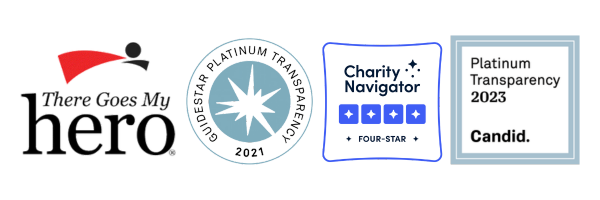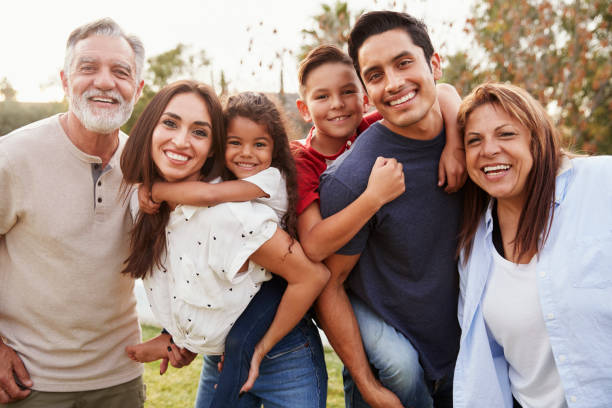Half-Matches, Full Potential
For many blood cancer patients, a bone marrow transplant may be their best—and sometimes only—chance for survival. But finding a match can be difficult, especially for Hispanic, Black, and Asian Americans.
Some patients can find a matching donor within their families, but 70% must turn to the national bone marrow donor registry to find a stranger who is both a match and willing to donate their life-saving cells. That’s because parents are guaranteed to be half-matches, while siblings only have a 50% chance of being half-matches and a 25% chance of being full matches.
A new study reveals, however, that Hispanic patients “may benefit more from receiving a bone marrow transplant from a half-matched parent, child or sibling, rather than a full match from the national donor registry.” Patients who received a transplant from a half-match relative were about 70% more likely to avoid relapse than those who received one from a fully matched relative. Compared to patients who received a transplant from a fully matched donor, patients with a half-match relative donors were more than twice as likely to avoid both relapse and graft-versus-host disease.
These findings open the opportunity for patients to receive life-saving transplants that otherwise would be difficult to find and provide a basis for further research in the clinical benefits of half-match donors, especially for patients of color.
But these findings shouldn’t deter people of color from joining the registry. Every person added to the registry increases a patient’s chance of finding a match, and the more diverse the registry, the better chances for all patients. It’s important that everyone, regardless of their racial or ethnic background, considers the impact they could have in helping those impacted by blood cancer.
Join the registry today to help save a life. Visit our calendar to find out when we’ll be hosting a drive or request a swab kit to register at home!

